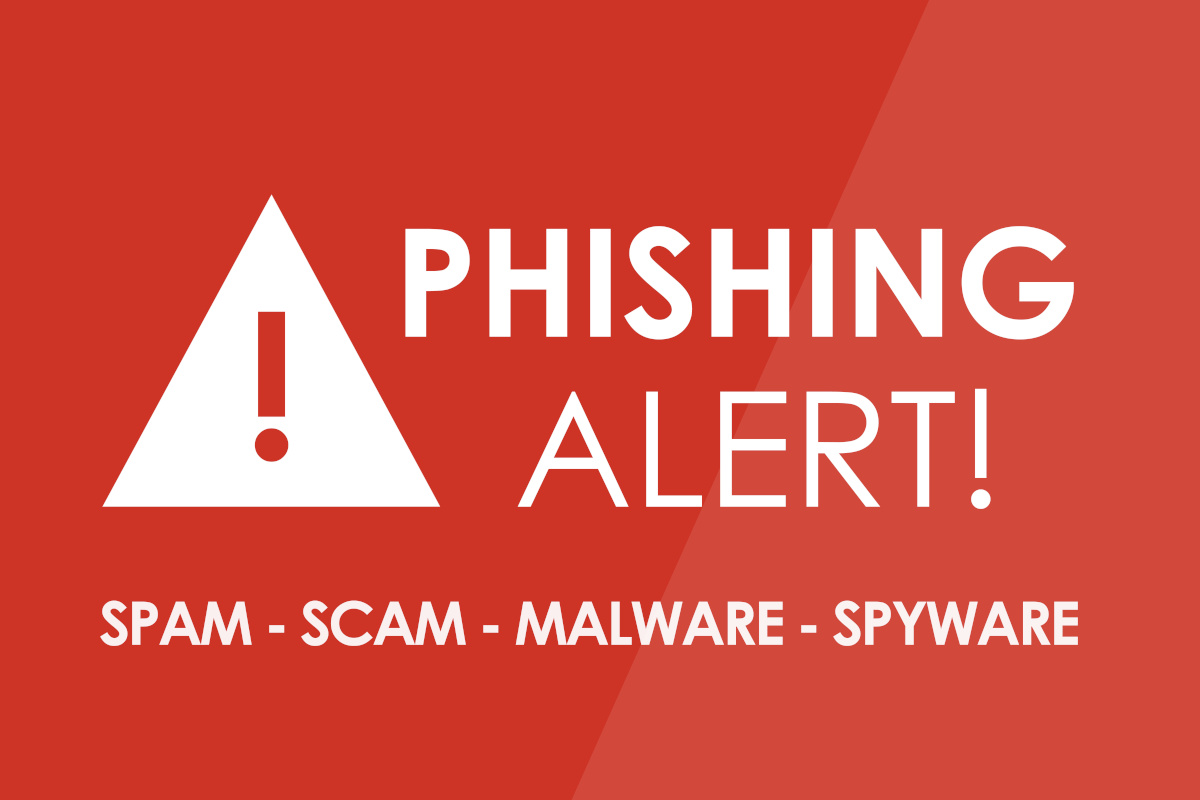Stay Protected from Phishing Scams with Email Security Solutions
March 1st, 2024 by admin

Today, businesses rely heavily on online platforms and communication tools. While this has streamlined operations, it has also given rise to cybersecurity threats, with phishing scams being a prominent concern.
Phishing scams typically involve using deceptive emails, messages, or websites that mimic legitimate sources. The attackers often pose as trustworthy entities, such as banks, government agencies, or even colleagues, to manipulate individuals into taking specific actions. These actions include clicking on malicious links, downloading infected attachments, or providing sensitive information.
Impact of Phishing Scams On Businesses
Phishing scams can impact businesses in various ways. This includes:
- Data Breaches: Unauthorized access to sensitive information, leading to potential data breaches.
- Financial Losses: Stolen credentials can be used for unauthorized transactions, causing financial harm.
- Reputation Damage: Successful phishing attacks can tarnish a company's reputation and erode customer trust.
- Operational Disruption: Businesses may face disruptions if critical systems are compromised due to phishing.
Importance of Email Security Solutions
Email security solutions go beyond traditional spam filters and provide advanced features to effectively identify and mitigate phishing attempts. Let's take a look at them:
Domain-based Message Authentication, Reporting, and Conformance (DMARC)
DMARC is a powerful email authentication protocol designed to enhance the security of email communication by preventing phishing and email spoofing attacks. Here are the two most important features of DMARC:
- SPF (Sender Policy Framework): SPF is an email authentication method that allows domain owners to specify which mail servers are authorized to send emails on behalf of their domain. It publishes a DNS record containing a list of authorized IP addresses.
- DKIM (DomainKeys Identified Mail): DKIM adds a digital signature to emails, providing a mechanism for verifying the sender's authenticity and ensuring the email content hasn't been altered in transit.
Multi-Factor Authentication (MFA)
MFA is a security measure that adds an extra layer of protection to online accounts. It significantly enhances security by requiring multiple forms of identification, reducing the likelihood of unauthorized access.
SPAM Filters
Spam filters employ advanced algorithms and pattern recognition techniques to analyze the content of incoming emails. They look for patterns commonly associated with phishing attempts, such as misspelled URLs, generic greetings, or urgent calls to action.
Spam filtering algorithms are designed to perform a systematic and thorough examination of each email, detecting anomalies that may indicate a phishing threat.
Journaling
Journaling is the practice of systematically recording all incoming and outgoing emails within a company. This process involves creating a journal or a separate repository where a copy of every email communication is stored.
In the unfortunate event of a security incident or a breach, having a detailed record of email communications becomes invaluable. Journaling enables companies to conduct thorough forensic analysis, helping them understand the origin and impact of security incidents. This information is vital for investigations, enabling swift and accurate responses to security threats.
Benefits of Email Security Solutions for Companies
By implementing advanced threat detection mechanisms, email security solutions act as a formidable shield against phishing attempts. Here are its benefits:
Preventing Data Breaches
Companies handle a vast amount of sensitive data, from customer information to proprietary business data. A single data breach can have severe consequences, ranging from financial losses to damage to the company's reputation. Email security solutions play a crucial role in preventing data breaches by encrypting sensitive information and monitoring email traffic for any anomalies. These solutions act as a barricade by establishing barriers and protecting confidential data from falling into the wrong hands.
Ensuring Regulatory Compliance
Email security solutions are designed to follow stringent requirements related to safeguarding customer information. They provide features such as encryption, secure archiving, and auditing capabilities. By implementing these solutions, companies can demonstrate their commitment to data protection and regulatory compliance, avoiding potential legal ramifications and penalties.
Enhancing Employee Productivity
Security measures often come with the misconception of hindering workflow and slowing down processes. However, effective email security solutions are designed to operate seamlessly in the background, ensuring minimal disruption to daily operations. By safeguarding against potential threats, these solutions instill confidence in employees, allowing them to focus on their tasks without the constant fear of falling victim to cyber-attacks.
Securing Mobile Communication
In an era where remote work is increasingly prevalent, using mobile devices for corporate communication has become commonplace. Email security solutions extend their protective measures to mobile platforms, ensuring that employees can access their emails securely from anywhere. This not only enhances flexibility but also enables the business to maintain a consistent level of security across all communication channels.
In the digital age, where information is a valuable currency, companies must prioritize the security of their communication channels. Email security solutions emerge as indispensable allies, offering protection against diverse cyber threats.
Cyber threats are on the rise, with email attacks being a primary vector for malicious actors. Is your business adequately protected? TouchPoint Networks offers a comprehensive suite of email security solutions tailored to meet your unique business needs. Stay one step ahead of cybercriminals with our state-of-the-art threat detection and prevention mechanisms. For more information, call (503) 265-0440 or contact us here.
Posted in: Cyber Security
